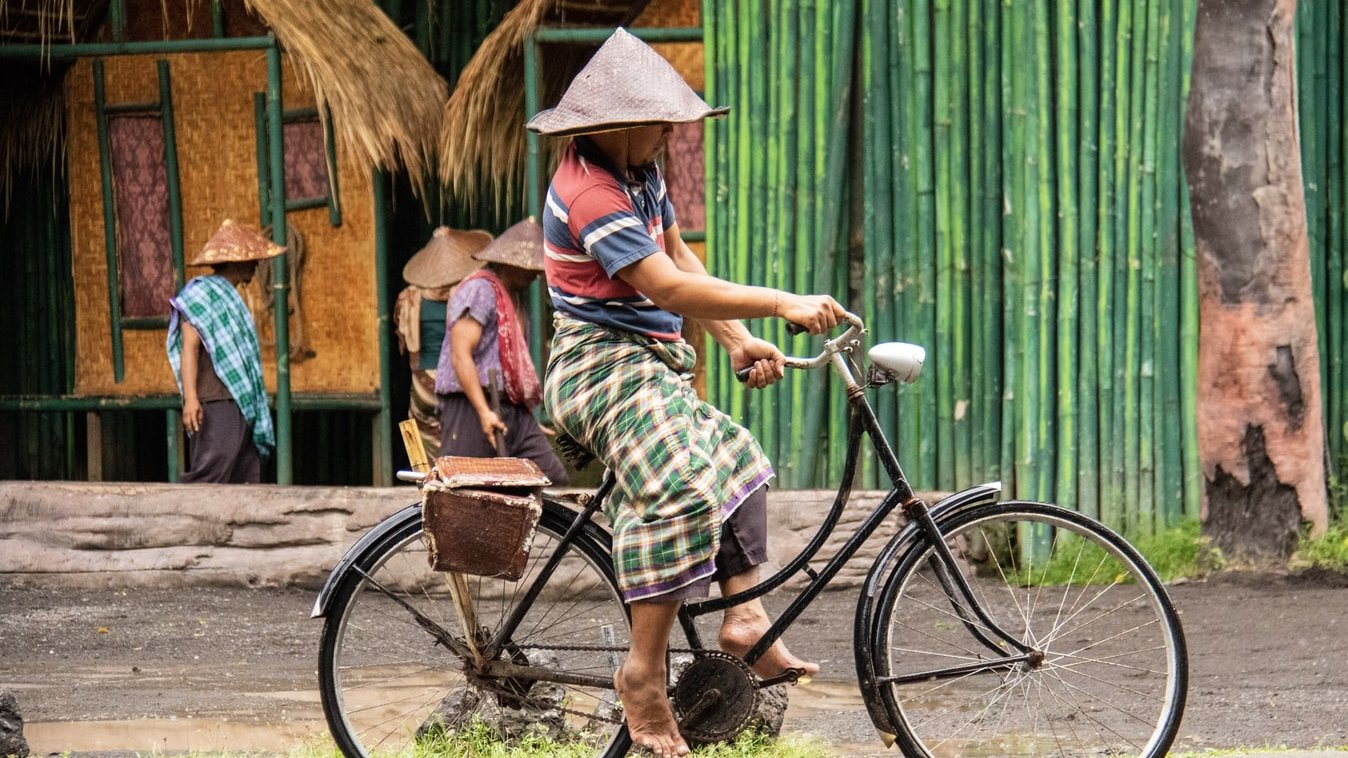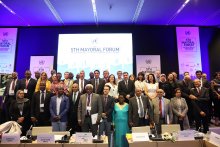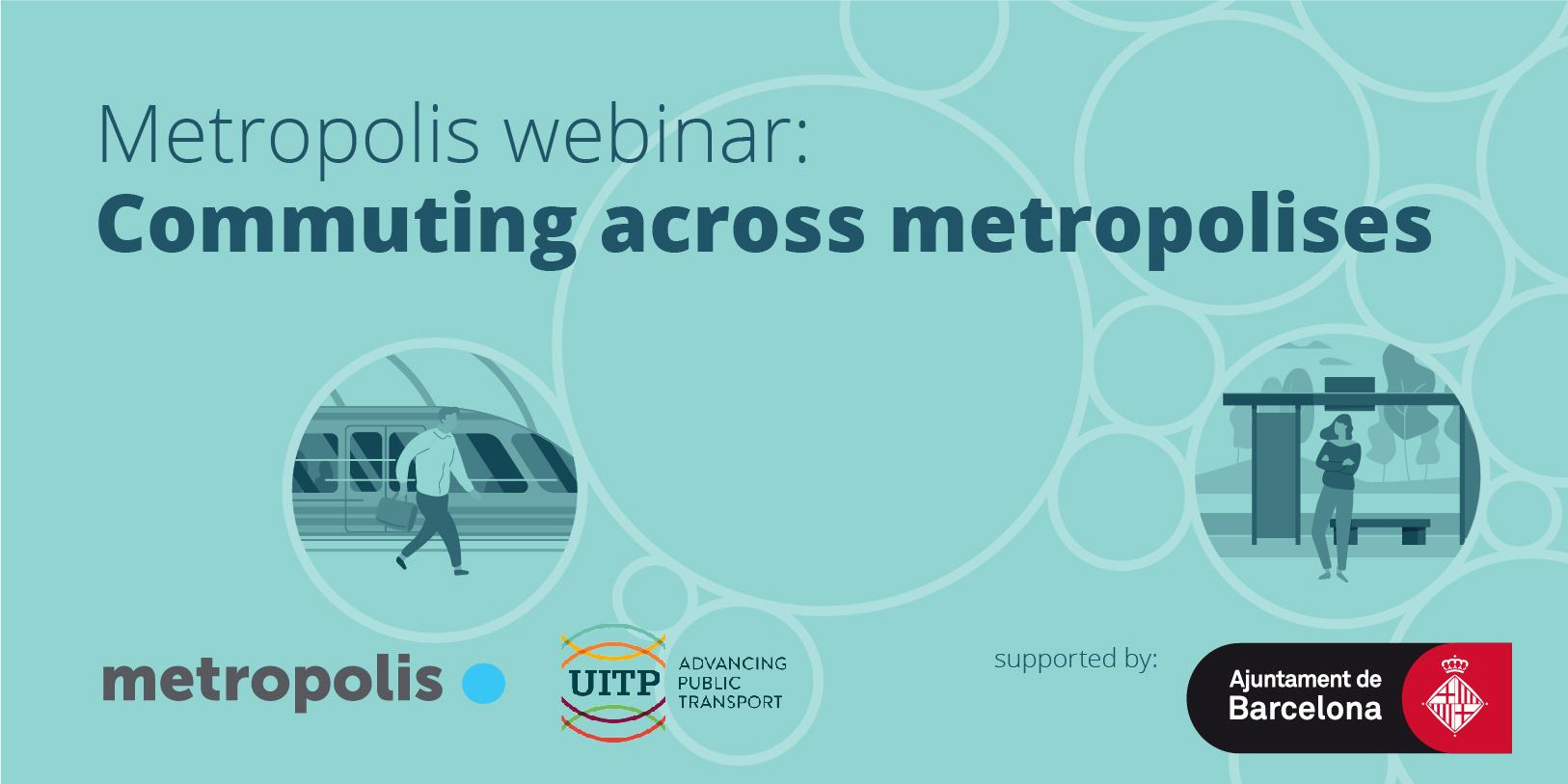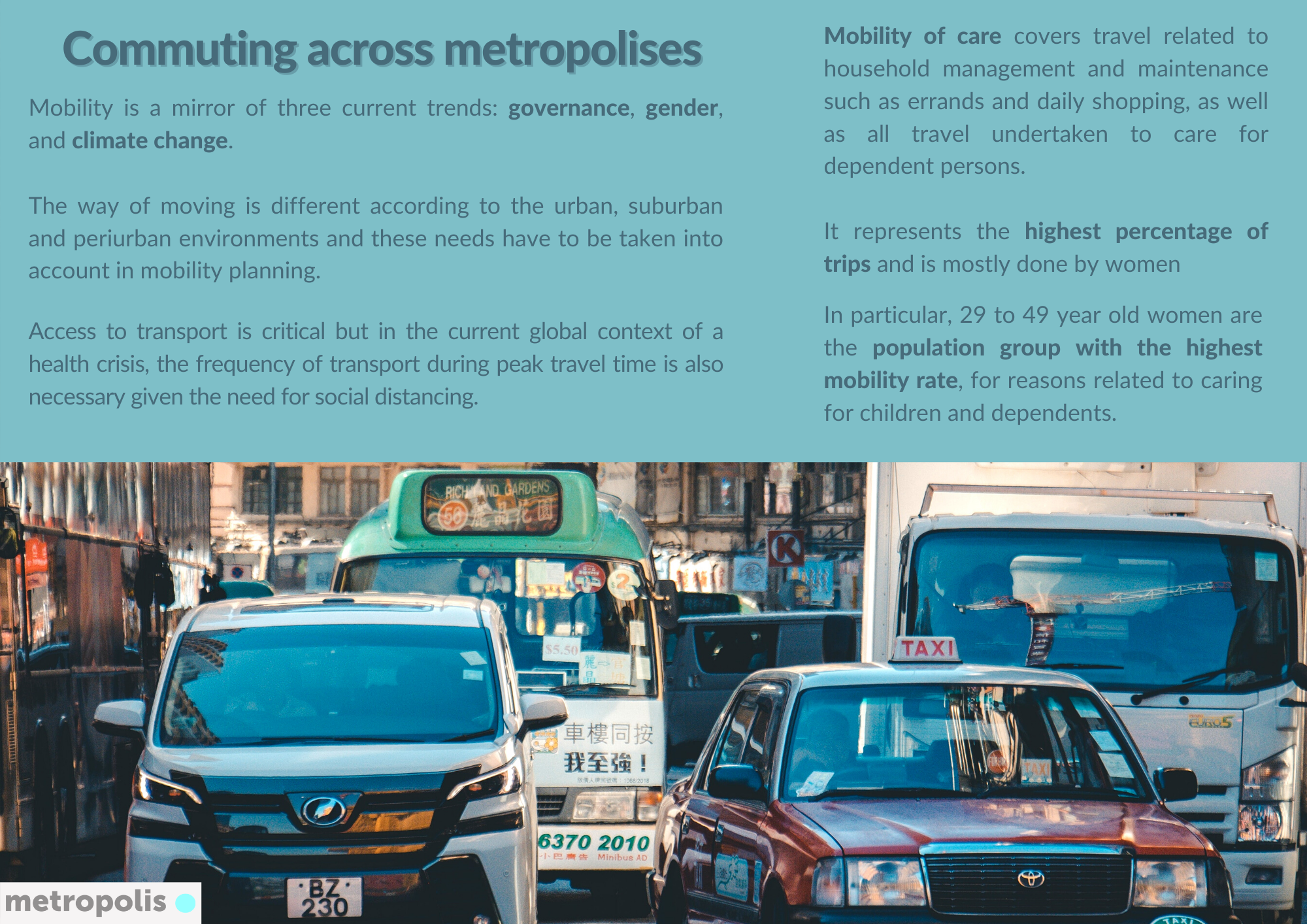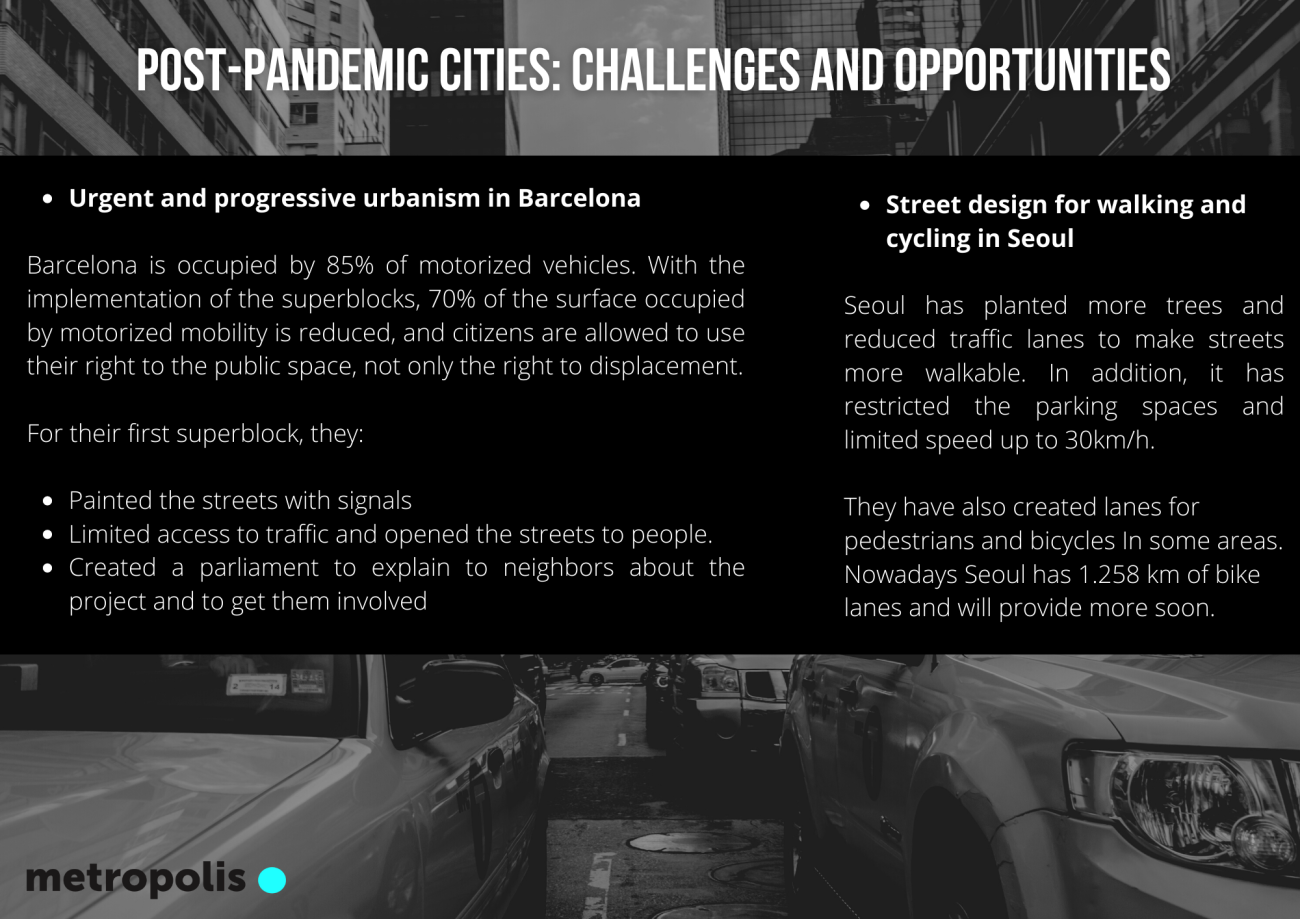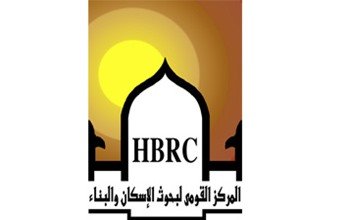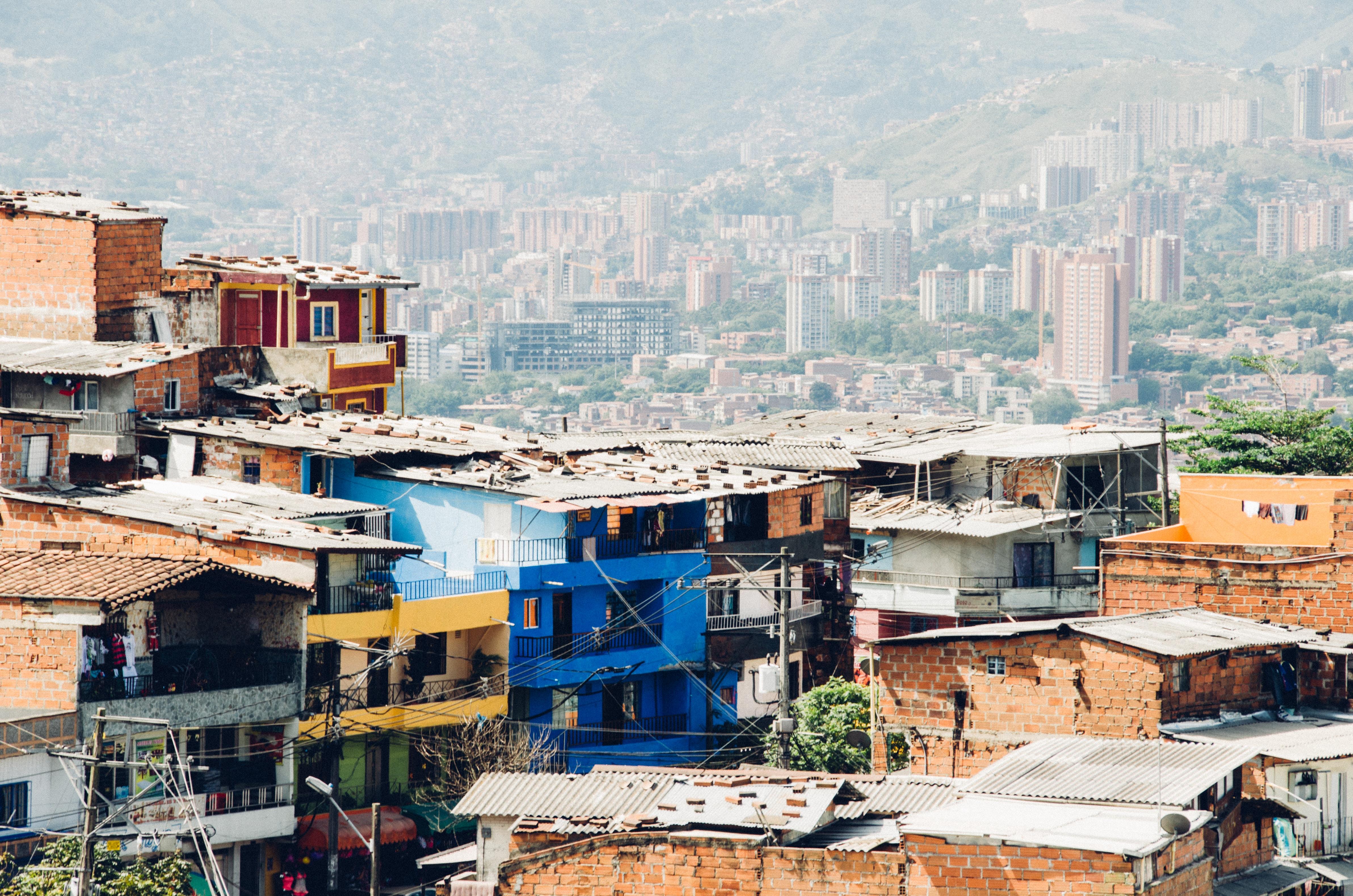
Fighting urban inequalities
This series of webinars focused in raising awareness to local authorities about the impacts of inequality in daily-basis urban life. Moreover, it explored the causes and consequences of urban inequalities and gave possible public policies to fight and reduce inequalities from the municipality and the different levels of government.
This series of webinars focused in raising awareness to local authorities about the impacts of inequality in daily-basis urban life. After that, it explored the causes and consequences of urban inequalities and gave possible public policies to fight and reduce inequalities from the municipality and the different levels of government.
- Rashid Seedat, Head of Planning of the Gauteng Provincial Government
- Octavi de la Varga, Metropolis Secretary General
- Gemma Pinyol, head of migration policies and diversity at Instrategies
- Pere Almeda’s, professor of Political Science at the University of Barcelona and Director of Catalunya’s Center for Contemporary Studies
- Paula Casal, professor at Pompeu Fabra University in Barcelona and ICREA researcher (Catalan Institution for Research and Advanced Studies)










